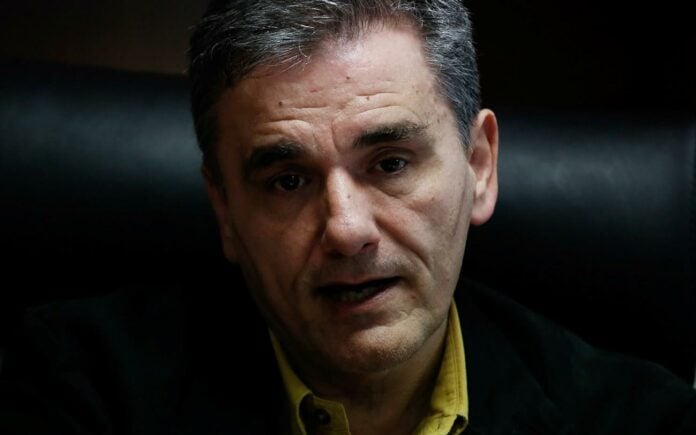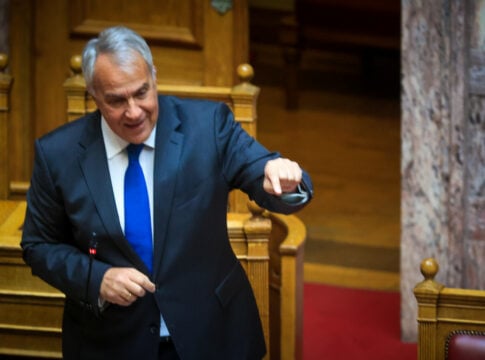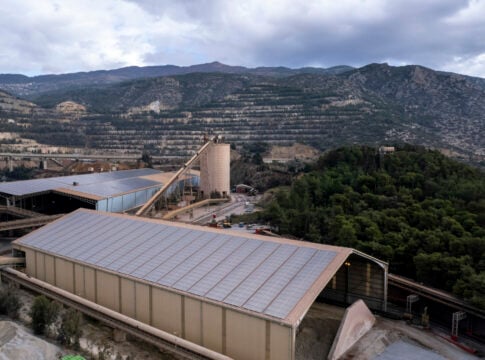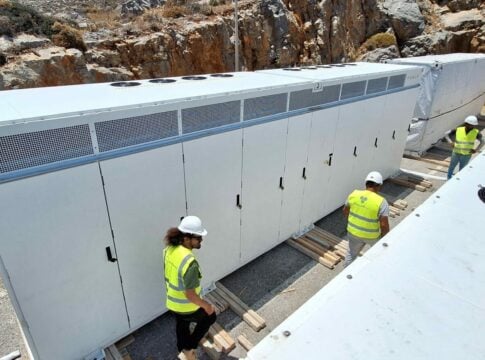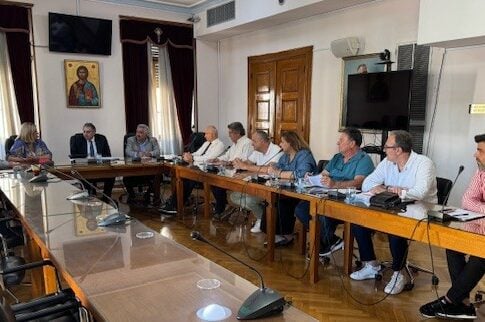He also repeated, yet again, that his leftist-rightist coalition government is against the establishment of a precautionary credit line for the country in the post-memorandum period, and will avoid such a prospect.
“It is neither in Germany’s nor in Greece’s best interest to continue with rescue programs, as such a credit line would be nothing more than a new program, with conditions and prior actions,” he said, pointing out that an accumulated ‘cash buffer’ will act in the same precautionary manner, reassuring money markets of Greece’s credibility.
Additionally, Tsakalotos once again offered a more realistic assessment of the post-bailout period than some of the more populist voices in his own hard left party and even amongst other Cabinet members, acknowledging that Greece will be in a state of “enhanced supervision” after August 2018.
Nevertheless, he did cite a figure of 3.5 billion euros from what he called “fiscal space” up until 2022, money that he said will be funneled towards off-setting surging tax rates in the country and for social spending.
Tsakalotos’ promise of a future “dividend” from fulfilling fiscal targets would, however, come after scheduled elections in 2019, and as the current government trails the main opposition center-right party by double digit percentage points in all mainstream opinion polls for months now.


